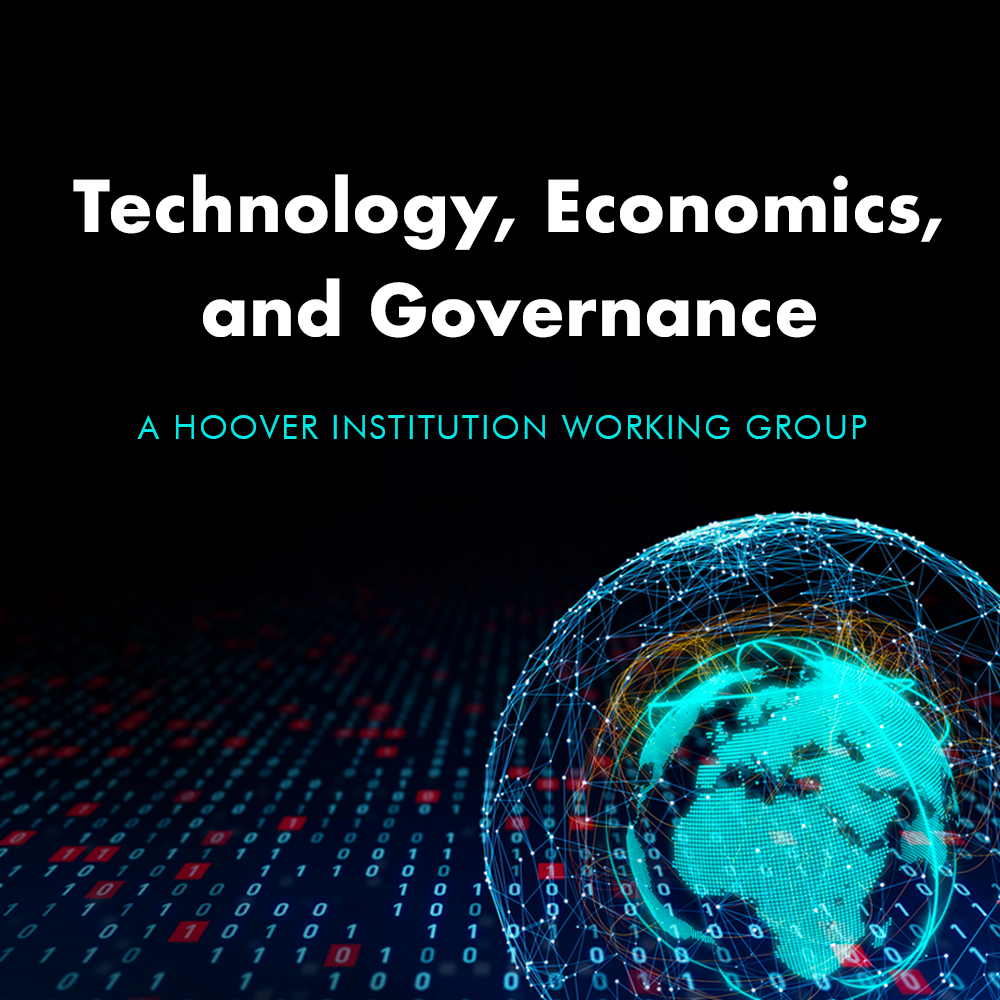Fundraising Amidst Legal Battles: The Kamala Harris and Google Connection
In a move that many are calling controversial, key members of Google’s legal team are set to host a high-profile fundraiser for Vice President Kamala Harris this Friday. This event occurs amid ongoing antitrust litigation spearheaded by the Biden administration against the tech giant, raising significant questions about conflicts of interest and the integrity of campaign financing in today’s political landscape.
 Lawyers hosting the fundraiser raise eyebrows.
Lawyers hosting the fundraiser raise eyebrows.
A High-Stakes Relationship
At the forefront of this fundraiser is Karen Dunn, a prominent attorney at the prestigious law firm Paul Weiss. Dunn leads defense efforts against the claims that Google has established an illegal monopoly over digital advertising. Her co-chairs for the event include Jeannie Rhee and Bill Isaacson, fellow attorneys deeply involved in Google’s defense. This collaboration has ignited discussions about the apparent cozy relationships between political figures and Big Tech, particularly as Harris relies on significant fundraising from entities that may have interests directly opposing governmental actions.
As reported, Dunn astonishingly transitioned from defending Google in court to prepping Harris for a crucial debate against Donald Trump just hours later. The sight of legal representation for one of the world’s largest corporations mingling with key political figures doesn’t just raise eyebrows; it raises critical questions about who policymakers ultimately serve.
The Fine Line of Ethics
Jeff Hauser, the executive director of the Revolving Door Project, indicated that such fundraising relationships could disrupt the justice process, stating, “It’s a conflict of interest if the government is indebted to opposing counsel. That’s why attorneys should not be allowed to negotiate potential settlements with the Department of Justice if they served as active bundlers, including fundraiser hosts, for that administration.” This perspective underlines a growing concern among the public regarding transparency in political financing.
 Another key player in Google’s defense.
Another key player in Google’s defense.
The Price of Admission
Tickets for this swanky event range from $3,300 to an eye-watering $50,000, underscoring the financial stakes involved. Co-hosts are expected to contribute at least $25,000, while those in co-chair positions must pony up $50,000. Attendees from the Democratic elite, including former U.S. Attorney General Eric Holder and other notable figures, further amplify the event’s significance and potential backlash from the public.
Interestingly, these contributions arrive just as Harris publicly rebukes big-money influence in politics, having previously chastised Trump for his fundraising approaches that rely heavily on corporate interests. Brendan Benedict, an antitrust litigator, noted, “Accepting campaign contributions from Google executives and Google lawyers…may lead a reasonable voter to question the integrity of a Harris administration under the standard she set for herself.”
A Tech-Friendly Administration?
Moreover, concerns loom that Harris’s close ties to tech figures may dilute potential regulation against companies like Google. With a forthcoming decision from a U.S. District Judge suggesting that the company holds an illegal monopoly, debates grow fiercer around what this means for regulatory policies. Critics suggest that friendly ties with individuals like Dunn could prompt a lenient approach towards Google, perhaps a mere “slap on the wrist” rather than meaningful reform or drastic measures.
 Insight into Google’s defense strategy.
Insight into Google’s defense strategy.
Conclusion: Voter Trust on the Line
As the allegations mount, the upcoming fundraising event serves as more than just a political gathering; it embodies the complex interplay between corporate influence and political campaigns. The implications of this event stretch far beyond the fundraising numbers; they signal critical issues about accountability in governance and the influence of wealth in politics. This signifies a challenge not only for the Harris campaign but also sets a precedent for how future leaders will navigate the choppy waters of corporate relations amidst calls for regulatory fairness.
The broader ramifications for public trust in governance and the Biden administration’s antitrust efforts will be scrutinized in the months leading up to the election. Only time will reveal whether this high-stakes venture helps or hinders not just Harris’s political ambitions but also the future landscape of politics intertwined with corporate agendas.
 The integrity of Harris’s campaign faces scrutiny.
The integrity of Harris’s campaign faces scrutiny.
The Future of Antitrust Legislation
With the final rulings pending in November regarding the digital advertising monopoly case against Google, the intersection of legal battles, fundraising, and political affiliations will surely be pivotal to watch. As a voter, understanding these dynamics will be crucial as we navigate a political system often influenced by those who stand to gain the most.
In light of these developments, I urge us all to stay informed and critically assess how these factors might affect our choices come election time. It’s our responsibility to demand transparency and integrity in politics, especially when Big Tech’s interests are potentially at stake.


 Photo by
Photo by 












